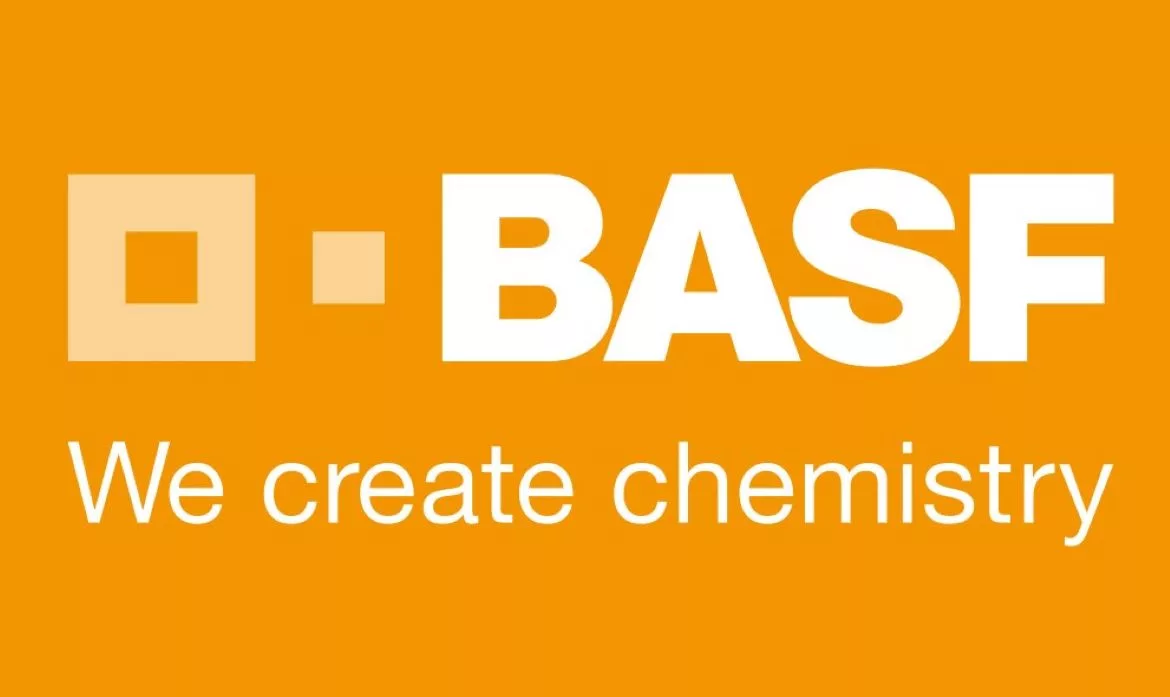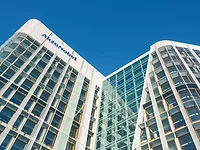BASF Outlines Strategic Overhaul and Performance Targets Through 2028

Image courtesy of BASF SE.
BASF announced a sweeping new corporate strategy centered on portfolio simplification, capital discipline and a stronger performance culture, with leadership emphasizing the company’s role in enabling customers’ green transformation. The update was shared during Capital Markets Day in Ludwigshafen by Dr. Markus Kamieth, Chairman of the Board of Executive Directors, and other executives.
“Our ambition is to be the preferred chemical company to enable our customers’ green transformation,” Kamieth said. BASF is aiming for stronger portfolio management, increased cash focus and streamlined business operations. Dr. Dirk Elvermann, Chief Financial Officer, added that BASF will maintain total shareholder distributions at historical levels between 2025 and 2028 through dividends and share buybacks.
Key financial targets include:
EBITDA before special items of €10 billion to €12 billion in 2028 under mid to upcycle conditions.
More than €12 billion in cumulative free cash flow from 2025 to 2028.
A return on capital employed (ROCE) target of around 10% in 2028.
The company’s new “Winning Ways” strategy is structured around four levers: Focus, Accelerate, Transform and Win.
Under “Focus,” BASF has defined two business categories: core businesses and standalone businesses. Core businesses—Chemicals, Materials, Industrial Solutions and Nutrition & Care—are integrated into BASF’s value chains and Production Verbund sites, offering efficiencies and scale. These businesses generated €6 billion in 2023 from products launched within the past five years, and BASF holds a top-three market position in roughly 75% of them.
Standalone businesses—Environmental Catalyst and Metal Solutions, Battery Materials, Coatings, and Agricultural Solutions—serve distinct industries and will be given greater operational and strategic flexibility. The Coatings division continues to show strong earnings and will undergo a strategic review, including plans to divest the decorative paints business in Brazil. BASF is also preparing Agricultural Solutions for a potential IPO following legal and ERP separation by 2027. Battery Materials will shift focus to capacity utilization and potential collaborations, while the ECMS business will continue contributing cash flow in a lower-growth market.
The “Accelerate” lever includes simplifying BASF’s organization, empowering divisions, introducing flatter hierarchies, and linking incentives more directly to unit performance. Artificial intelligence will also be deployed across business operations to improve productivity and accelerate innovation.
BASF’s “Transform” strategy focuses on sustainable product development. Thousands of products across BASF’s portfolio now have reduced or net-zero carbon footprints. From 2025 to 2028, the company will invest approximately €600 million annually in its transformation efforts. A new unit will manage renewable feedstocks, complementing earlier investments in renewable energy.
Climate targets remain in place:
Net-zero greenhouse gas emissions by 2050 (Scope 1, 2 and 3.1).
A 25% reduction in Scope 1 and 2 emissions by 2030 (vs. 2018 baseline).
A 15% reduction in specific Scope 3.1 emissions by 2030 (vs. 2022 baseline).
At the Ludwigshafen site, BASF has begun implementing asset adjustment measures to address underperformance, including the closure of adipic acid and other plants. Additional adjustments and cost reductions will follow, contributing to the company’s goal of €2.1 billion in annual cost savings by the end of 2026.
The “Win” pillar promotes a shift in performance culture, calling for more ownership and faster decision-making across teams. “Our winning culture will be a key enabler for the successful execution of our strategy,” Kamieth said.
Looking for a reprint of this article?
From high-res PDFs to custom plaques, order your copy today!






